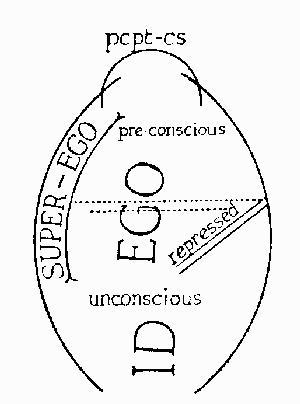Rotten Tanx wrote:I can't be fucked with that kind of metaphor. I'm entering what I'll probably refer to in years to come as my "Herzog phase" and while I'm fucking floored by the awesome power of nature that he presents in many of his films I never consider that it's meant to represent anything other than what it is. I think he's too anti-academic for that.
Herzog's a good example of an artist that isn't reliant on metaphor as crutch. He is merely describing naked life back to you. But that's not to say that there isn't meta-narrative strands that are accessible to the viewer. It' s just done in an adult manner.
Heart of Glass is something about German history.
Stroszek is roughly about capitalism.
Aguirre is deals with imperialism; colonial and fascistic. Yet, they aren't reliant on being pure metaphor. They operate in several registers and you can oscillate between the story as it's presented, or the wider allusion it creates. Often it's about, as you say, big things like the wretchedness of man and the awesome power of nature.
Moby Dick shares many of these storytelling traits. It's a story about a whale and so much more.
It's important to remember he is also a documentary maker, here the distinctions of the real and fictive are blurred. Reality and dream are indescernible...and usually characterised by madness....the hallucinatory.
The Japanese film,
Woman of the Dunes is also great in this way, dealing with a particular, distinct story, but making much wider claims about existence.


